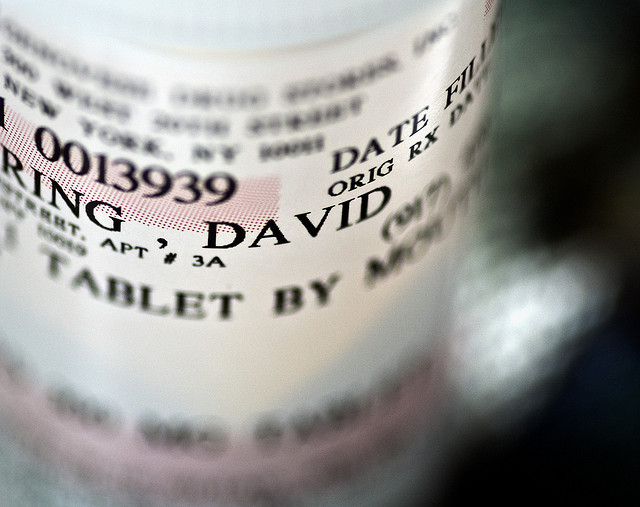Kids are experimenting with drugs at increasingly younger ages. A few years ago the average age for first-time drug use was 15. Today, kids as young as 12 are experimenting, and often their drug supplier is the family medical cabinet. Prescription drug abuse has been on the rise among all ages, but the threat is especially serious among young children. Early-onset drug abuse increases the risk of addiction and overdose, leading to the need for drug rehab in the future. A few simple precautions can reduce the risk of having to live through the nightmare of a child’s addiction.
Lock up Your Prescriptions
Lock up all prescription medication, especially any medication with warnings about driving, alcohol consumption, or drowsiness. Medications with such warnings are typically opiates, which are sought out by kids looking for a dissociative high. Prescription opiate abuse has been linked to an increase in heroin abuse admissions in drug addiction rehab centers; people who begin abusing prescription opiates find it easier — and cheaper — to obtain heroin than prescription drugs.
Monitor Prescription Amounts
If you’re taking prescriptions, keep a count of how many doses you take and compare it to the amount left in the bottle. If the bottle count is low, it may indicate someone is taking your medication. (Double-check the amount when you first fill the prescription to ensure you don’t mistake possible pharmacy errors for stolen pills).
Dispose of Expired Prescriptions
Unless you’re diligent, a medicine cabinet quickly fills up with half-used and expired prescriptions. These are very tempting for kids because chances are good that their parents won’t notice if an old prescription goes missing. Ask your local pharmacist how to correctly dispose of unused medication. Many pharmacies have a take-back policy, so you can simply drop off unused drugs.
Educate Your Children
Talk frankly about prescription drug dangers with your children. Explain that medicine, when used incorrectly, is just as dangerous as street drugs. If your child takes medication regularly, caution her not to share pills. Kids with ADD and ADHD, for instance, often experience pressure from peers to share meds. The same medication that calms a severe case of ADHD acts like a cocaine rush when taken by kids with typical neurology and attention spans. Take the above precautions even if you’re certain your child would never abuse drugs. It’s better to be safe than sorry. Also consider that your child has friends who may have access to your bathroom and medical cabinet. Don’t take the chance! Photo: David Goehring

